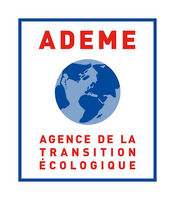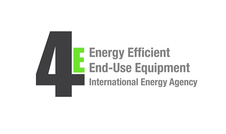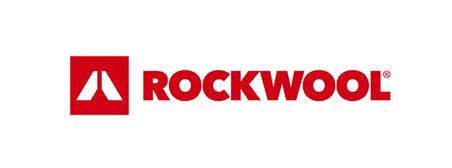Search eceee proceedings
Setting the scope of industrial decarbonisation
Panel: 9. Deep decarbonisation of industry
Authors:
Stefan M. Büttner, University of Stuttgart, EEP – Institute for Energy Efficiency in Production, Germany
Rod Janssen, Energy Efficiency in Industrial Processes, Belgium
Benoît Lebot, Ministère de la Transition Écologique, France
Abstract
Devising an effective pathway to decarbonisation - both from a company and policy maker per-spective require an understanding on where companies are at the moment (i.e. awareness of their Greenhouse gas footprint (GHG), energy consumption across fuel sources and energy effi-ciency potentials), but also on where they want to go by when.
With an increasing number of 'net-zero'-pledges, it is necessary to assess net-zero in what dimen-sion (CO2, CO2+ or GHG emissions) and also on what scope (i.e. Company facilities & vehicles (Scope 1), Purchased energy (Scope 2) or in respect to the Up- & downstream supply chain (Scope 3)).
As the product carbon footprint gains in importance in a number of sectors, driven through large original equipment manufacturers (OEMs), supply-chain decarbonisation is of increasing interest to companies. What approaches do companies undertake to get their supply chains to address their Scope 1 and 2 emissions and what policy measures would boost decarbonisation action?
This extended abstract will illustrate first aggregate findings of the 2nd data collection of the Energy Efficiency Index of German Industry in 2021 in which approximately 900 manufacturers of all sec-tors, sizes and energy intensities share their plans, situation and assessments. It will showcase where companies stand, what scopes they focus on, whether the product carbon footprint plays a role and what is undertaken to decarbonise the supply chain. It will further give insights on a num-ber of policy statements, such as emission pricing, plannability and the role of energy efficiency in decarbonisation.
A special focus in the current survey was on the areas (scope 1, 2 and 3) in which the companies want to decarbonise, reaching from company facilities and -vehicles, purchased energy and all other emissions, including upstream and downstream supply chain. Around three quarters of companies are already on track to decarbonise all three scopes, with scope 3 still being in the early stages because of its complexity. Decarbonising the emissions of the upstream and downstream supply chain is particularly challenging because this is often largely beyond the direct control of companies.
The reason why so many companies are committed to eliminating upstream and downstream emissions becomes clear when one considers that almost 70 % of companies are working to offer their own products with net-zero emissions, including a large majority of smaller companies. It can be assumed that some of this motivation is the result of increased expectations from customers, investors and politicians. Many companies strive to implement this by imposing requirements in supply contracts, however many also pursue other strategies, such as cooperation via decarboni-sation networks.
Companies thus seem to be surprisingly committed to decarbonisation action, however, results also show that policies that boost this process are desired. Most companies (66 %) consider regu-latory policies necessary to achieve climate targets in the industrial sector. Less surprisingly, over 70 % of those surveyed desire implementation assistance and funding in this regard. Considerable, yet not overwhelming number of companies (59 %) fear loss of competitiveness on international markets.
Summing up, large parts of the manufacturing industry in Germany are intensively working on how they can contribute to a climate-neutral economy. Doing this successfully, however, requires from companies to be aware of their goals and timelines in that respect. On part of policymakers, especially setting the course in respect to shortened planning times and standardised emission pricing for more plannability is crucial according to participants. Furthermore, investment risks have to be reduced and the availability of renewable energy and skilled labour needs to increase.
Downloads
Download this display as pdf: 9-277-22_Buettner_display.pdf
Panels of
1. Dynamics of consumption: less is more?
2. Efficiency and beyond: innovative energy demand policies
3. Policy, finance and governance
4. Monitoring and evaluation for a wise, just and inclusive transition
5. Towards sustainable and resilient communities
6. Energy-efficient and low-carbon mobility for all
7. Policies and programmes for better buildings
8. Innovations in products, systems and building technologies



























